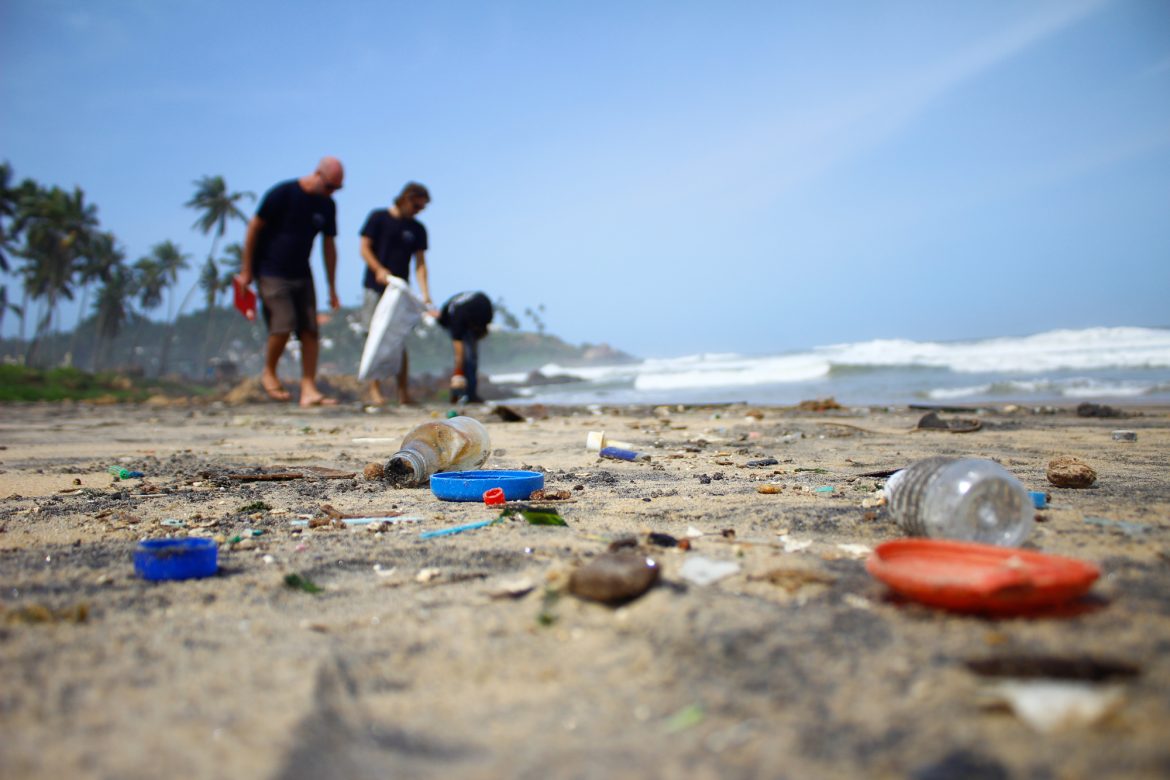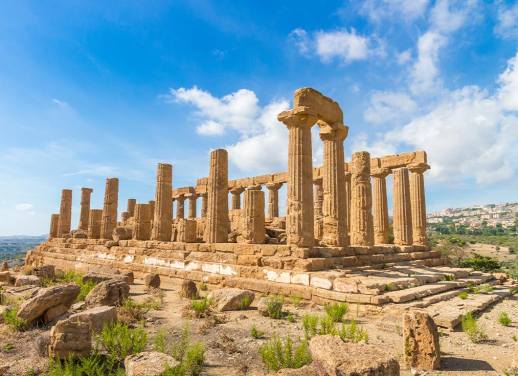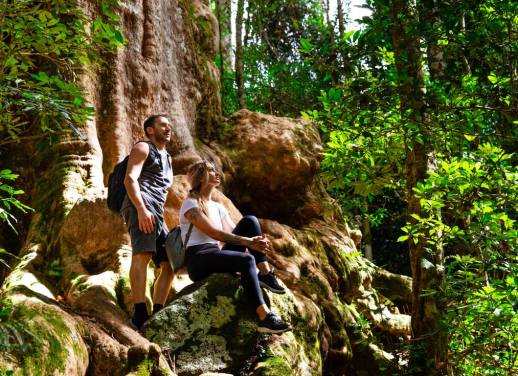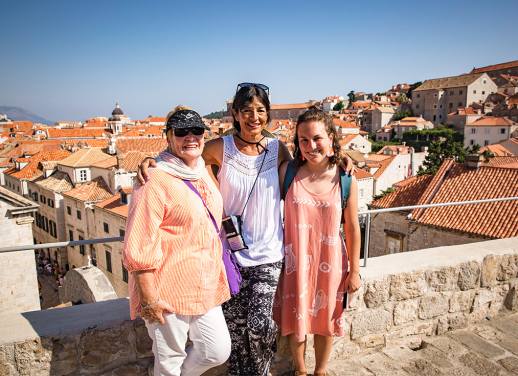The Intrepid Foundation was born more than 20 years ago to empower Intrepid travellers to give back to the communities they visit and make a real impact in the places they go.
Intrepid’s non-profit continues to provide more ways for travellers to do just that, welcoming more impact partners across more focus areas.
Plus this year, Intrepid is kicking it up a notch with the return of matched giving – something that was halted in the wake of the pandemic’s global tourism standstill.
Intrepid are essentially doubling the impact, helping you make an even greater difference.
Matched giving means exactly that: Intrepid will match every traveller’s post-trip donation to The Intrepid Foundation and any recurring monthly donations throughout the year.
‘Matched giving makes a huge difference to how far your donations go,’ says Biheng Zhang, General Manager of The Intrepid Foundation. ‘Intrepid are essentially doubling the impact, helping you make an even greater difference.’
As usual, Intrepid continues to cover all of the admin costs so that 100% of donations go directly to the foundation’s impact partners on the ground.
Who benefits from donations to The Intrepid Foundation?
The Intrepid Foundation works with more than 45 impact partners around the world. Each partner is actively working to tackle at least one of the foundation’s freshly defined focus areas: protecting the environment, taking a stand for wildlife, addressing inequality and empowering communities.
Intrepid travellers visit thousands of destinations so it’s important for us to be able to create more connections and more opportunity in those places…
As Biheng puts it, ‘We’re continually expanding our breadth of impact and partnering with organisations in all corners of the world in order to power change on a global scale.’
‘Intrepid travellers visit thousands of destinations so it’s important for us to be able to create more connections and more opportunity in those places so that travellers can give back to the local communities that they’re visiting,’ she continued.
Meet the newest changemakers
At the start of 2023, The Intrepid Foundation introduced you to 22 new partners creating positive change. You met Leitah Mkhabela and the world’s first all-female anti-poaching unit who are supported by Intrepid Foundation partner Helping Rhinos. Plus, you found out how VunArt is changing lives in Vietnam one scrap at a time.
Now, it’s time to meet the newest kids on the block to find out what the foundation’s 12 latest partners are up to and how you can help them do it.
Driving change with e-rickshaws in India
ACCESS Development Services, the same team that brought us Pink City Rickshaws, have set their sights on a new project that’s empowering women in Varanasi, India. Enter, Holy City Rickshaws – their latest program providing job training and employment opportunities to women in Varanasi who’ve come from low-income backgrounds. Their e-rickshaws give travellers a locals perspective with an environmentally-friendly twist while also giving back to the local community. You can even hitch a ride for yourself on some of their India adventures.
Caring for working animals in Egypt
In 2023, the foundation welcomed back Animal Care in Egypt who have a dedicated team of vets that provide free care and treatment for thousands of working animals in Upper Egypt every year. They have a walk-in clinic, a hospital to perform necessary surgeries and 25 stables that allow the animals to rest and recover from their hard work.
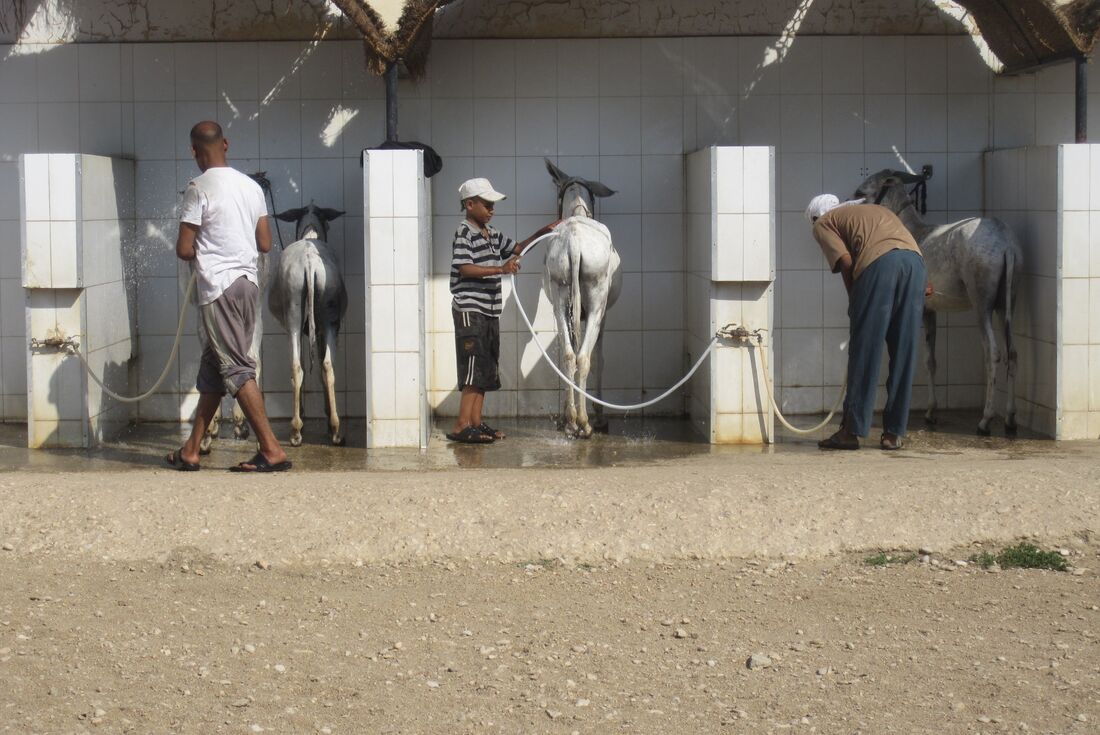
Giving back to those in need in Valencia
Older people, anyone struggling to find work and a stable income, families without economic resources and immigrants without work are at risk of social isolation and homelessness in Valencia. Casa Caridad helps these people navigate back into society through their soup kitchen, food delivery program, shelters throughout the city, kindergartens, supervised apartments and professional support.
Restoring Country and culture in Australia
The Foundation’s new First Nations partner in Australia, Country Needs People, supports Indigenous land and sea management. Donations help them empower Indigenous communities to rehabilitate and protect places of significance on land and at sea, using traditional knowledge paired with modern technology.
Turning the tide on India’s ocean health
Marine life in India is under severe threat due to pollution, overfishing and habitat destruction. The waterways and the communities whose livelihoods depend on the ocean are hanging in the balance. Positive Change for Marine Life empowers communities with long-term solutions to support ocean health. Whether through their programs that help turn waste into valuable (sellable) products or with the introduction of sustainable fishing practices, they’re benefitting marine life and local communities.
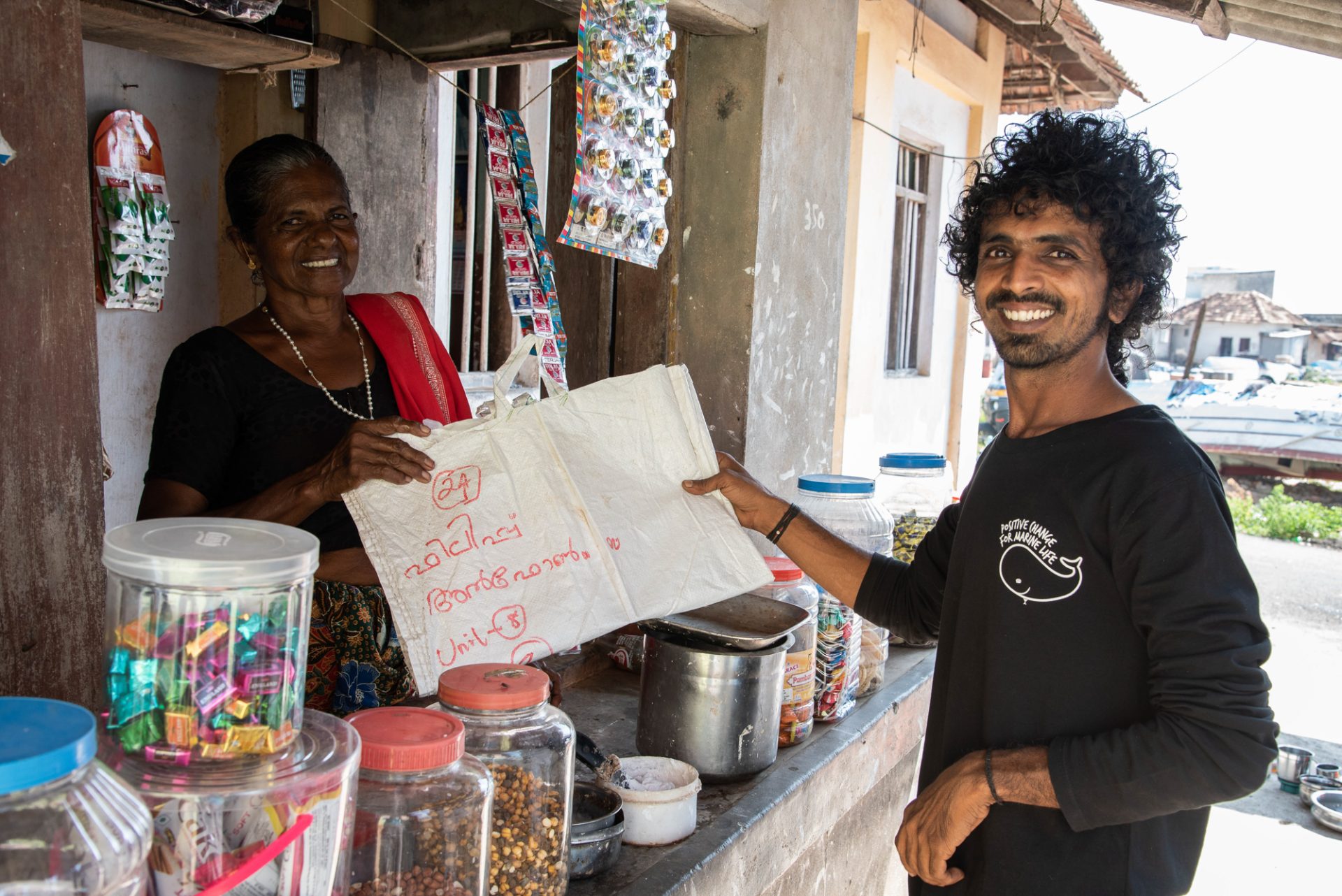
Helping to break the poverty cycle in Cambodia
The Khmer Rouge was a communist movement that ruled Cambodia in the mid-to-late-70s that closed schools and universities, burnt books and banished education. This period of government left an entire generation of uneducated, illiterate Cambodians – those kids are now the parents of today’s children.
CRST is helping to break Cambodia’s poverty cycle by inspiring and empowering this new generation of children with education opportunities. In addition to supporting students’ tuition at high school and university, their programs empower them to make regular social contributions through community service and projects.
Offering open arms to refugees in Mediterranean waters
Since 2014, more than 26,000 people have drowned in the Mediterranean while fleeing their home countries – trying to reach a safe place to rebuild their lives. Open Arms aims to protect people fleeing their homes via sea, they’re there in times of chaos and crisis but also take a proactive approach to educating those people living in mainland communities about the risks involved in irregular migration.
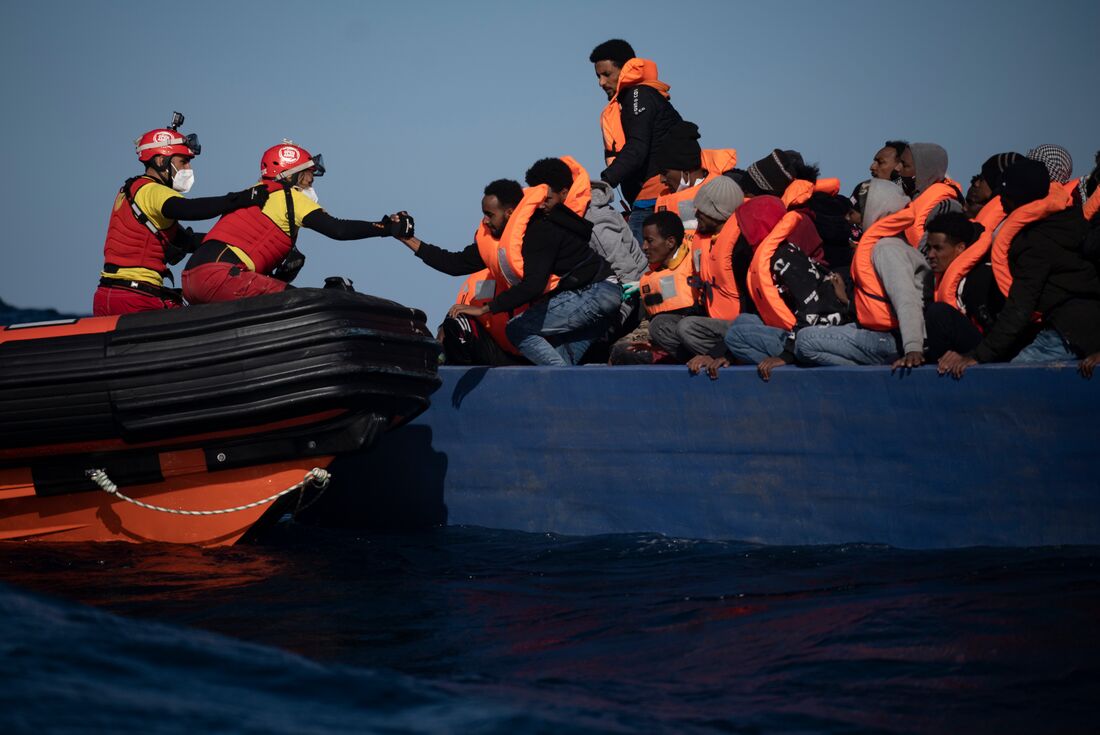
Tackling the rural health crisis in Colombia
Many people in rural Colombia live with a poor quality of life or lose their lives due to treatable or preventable diseases because they don’t have access to specialised medical services. PAC run mobile hospital services with 50 health professionals, 10-15 planes and two tonnes of medical equipment to provide the people of rural Colombia with the healthcare they need.
Showcasing real cultural experiences in the US
The Cultural Heritage Economic Alliance (CHEA) aims to help small BIPOC businesses become sustainable, active participants in the global travel and tourism industry. They give BIPOC-owned businesses access to education and training to ensure they’re tourism and market-ready.
Protecting New Zealand’s wildlife and wild places
Forest & Bird have been doing good stuff for a good cause in Aotearoa, New Zealand, for over 100 years. The twin crises of climate change and biodiversity loss mean the country now has the highest proportion of threatened species anywhere in the world. Forest & Bird’s specialist legal team are campaigning for change and speaking up for nature in the courts and at all levels of government. At the same time, their network of Kiwi Conservation Clubs and Youth Hubs are empowering the next generation of nature lovers out in the field.
Bringing clean water to Indigenous communities in Canada
Access to safe, clean water in Indigenous communities remains a critical issue in Canada. Many Indigenous communities have identified the need for more young, qualified and local people to help solve the water issues independently and for the long term. The foundation’s new partner Water First, is collaborating with Indigenous communities in Canada to address critical water challenges through education and skills training programs.
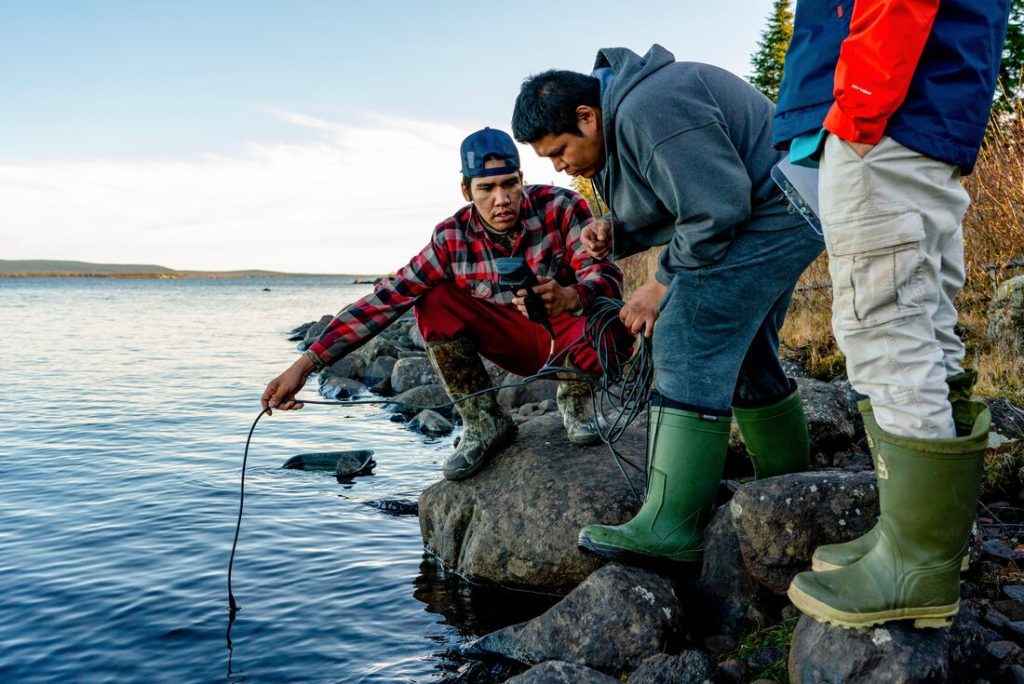
Promoting a circular food movement in Portugal
Every year, one-third of the food produced globally is lost or wasted. Yet, one in eight people live without enough food. REFOOD rescues quality food that would otherwise go to waste and provides meals for those in need. This circular movement benefits the environment by reducing food waste and helps local communities by supporting those living in food scarcity.
Taking the clean-up to new heights in Nepal
Tourism in the Everest region has been swiftly growing in the past few years, now welcoming some 80,000 visitors every year. While this has boosted the local economy, continued waste management issues have increased rubbish, pollution and nature degradation.
Sagarmatha Next is helping to collect and remove waste from the Everest region. Their Carry Me Back initiative encourages travellers to collect waste materials along the route to take back to their centre for recycling. Not only that, but they’re also helping to upcycle waste into art while teaching locals and travellers about the environment here.
Now that you’ve met The Intrepid Foundation’s newest partners on the block, you can check out their complete list of impact partners. Remember, Intrepid will double your donations in 2024 when you sign up as a recurring donor or make a post-trip donation to The Intrepid Foundation.

